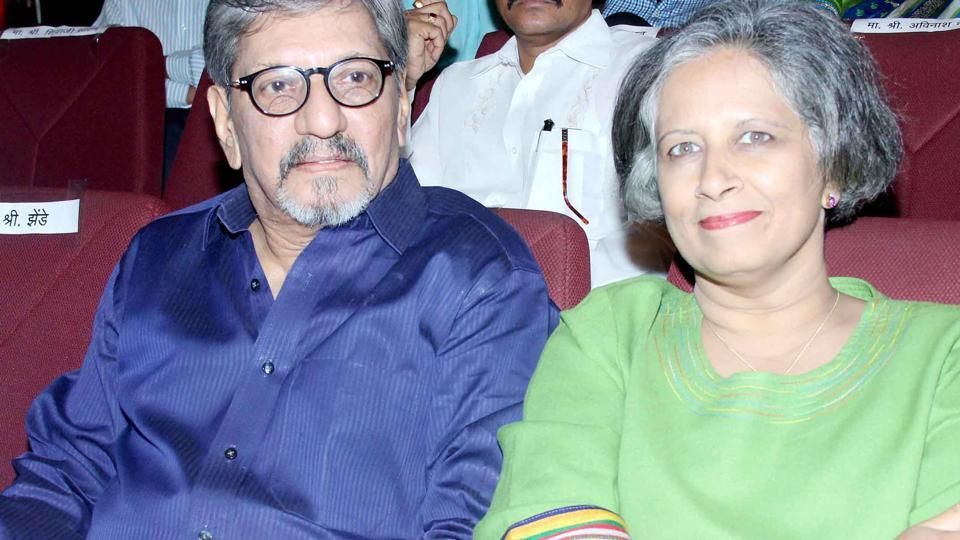Amol Palekar's wife Sandhya says arbitrary decisions by Censor Board must stop

Actor-filmmaker Amol Palekar’s wife Sandhya Gokhale says that Palekar’s petition, challenging the “pre-censorship” of films, is a move to reclaim “evaporating freedoms”. Sandhya, who is a lawyer by profession, filed the petition on behalf of Palekar. She tells us that the “arbitrary, rampant” decisions by the Central Board of Film Certification, aka Censor Board, need to stop.
“It’s nothing new; it has been going on for a long time — the fact that the Censor Board decides to not release a film [for] the most arbitrary reasons, and for the past three years, it has become rampant. That’s why we decided to go to the Supreme Court,” she says.
“They refused to certify a film, because the makers refused to cut the word Man Ki Bat from their film? Is it a cuss word or a patented phrase that one cannot use? What’s the basis of the film not being released? Then there’s another film that wasn’t given a certificate because it was ‘lady oriented,’” she adds. Incidentally, Mann Ki Baat is a radio programme in which Prime Minister Narendra Modi addresses the nation on various issues.
In his petition, Palekar has argued that the Internet and social media aren’t under any censorship laws, and that’s affecting filmmakers. “It’s unfair to me as a filmmaker that I cannot show something or talk about it in my films, but on the Internet, anyone else can use it and even talk about it without any problems. That’s against our right to equality,” adds Sandhya.
She welcomes the Supreme Court’s decision, asking the Centre to respond to Palekar’s petition — she feels a change is on the horizon. “The SC could have dismissed our plea and not even heard it. I’m glad the Supreme Court has welcomed our plea. I think the law on censorship was so elegantly written in 1970 that it took 47 years to challenge it and demand changes [in] it. It’s archaic and it’s high time that things changed,” she adds.
Following Palekar’s plea, SC issued notices to the Centre and the Central Board of Film Certification, asking both to file a reply. It also asked the Centre to direct the Board to implement the recommendations of the committee led by filmmaker Shyam Benegal. This committee was set up by the information and broadcasting ministry to look into revamping the Censor Board, and the panel submitted an interim report in June 2016.
“[A change] is both fundamental to and important for the film industry. I am awaiting a response from the government to our committee’s report on the subject. Until then, I have no comments to make,” Benegal tells us.
Writer Apurva Asrani, who has faced the Censor Board’s ire for his film Aligarh, welcomes Palekar’s petition, saying, “Mr Palekar wants these archaic cinema laws to be amended to suit the digital age. I think this approach is sensible, because it is not in conflict with any person or political party.”





